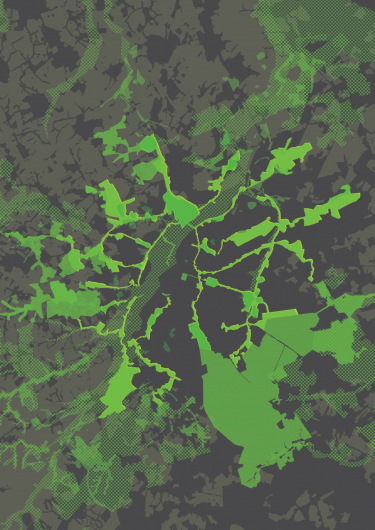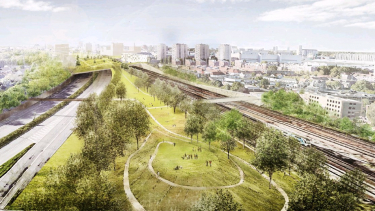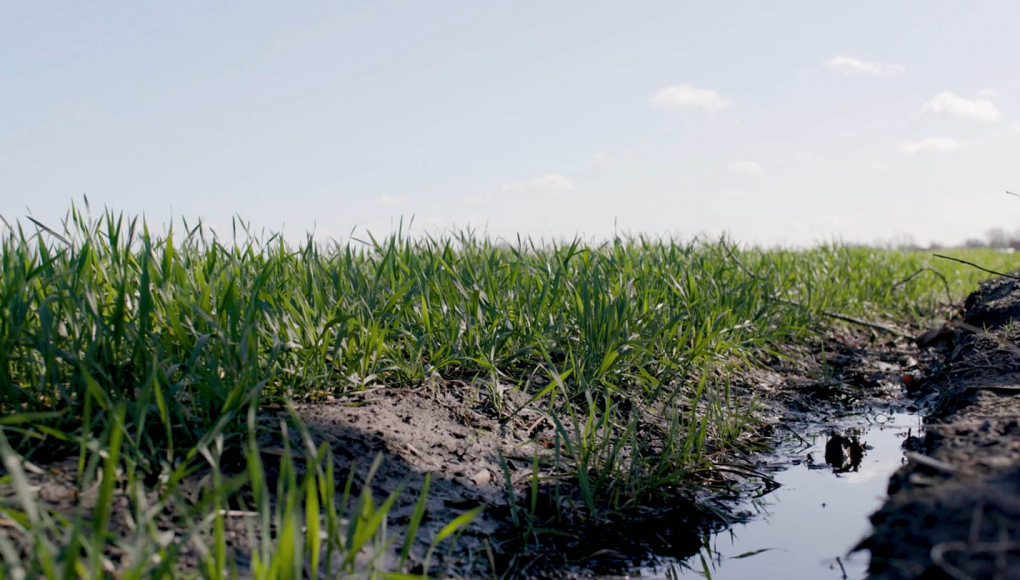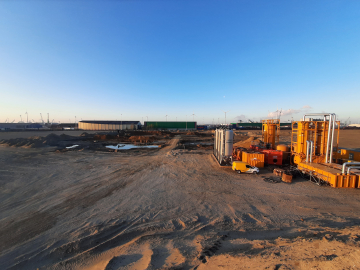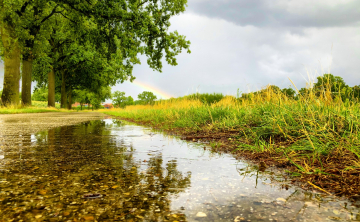The nature we see around us is not only beautiful, it also generates a myriad of valuable things for man and his environment, like food to eat and water to drink, and pleasant surroundings to live in. All these benefits nature offers us, we call nature benefits or ‘ecosystem services’. And our soil is one of these vital sources that helps us solve all kinds of problems.

Beatrijs Lambié
Lead Business Development
Contact opnemen
